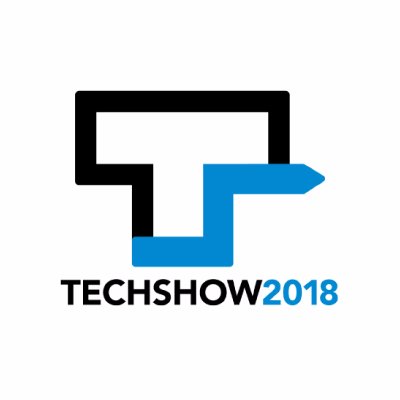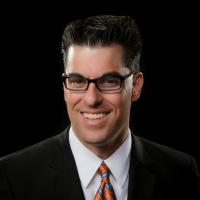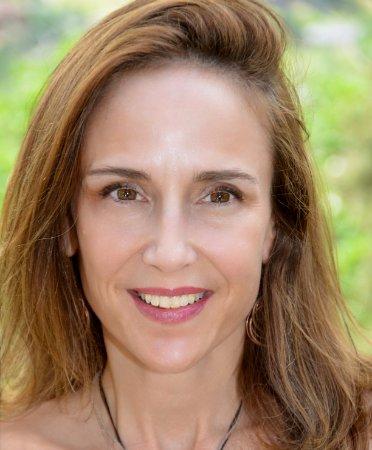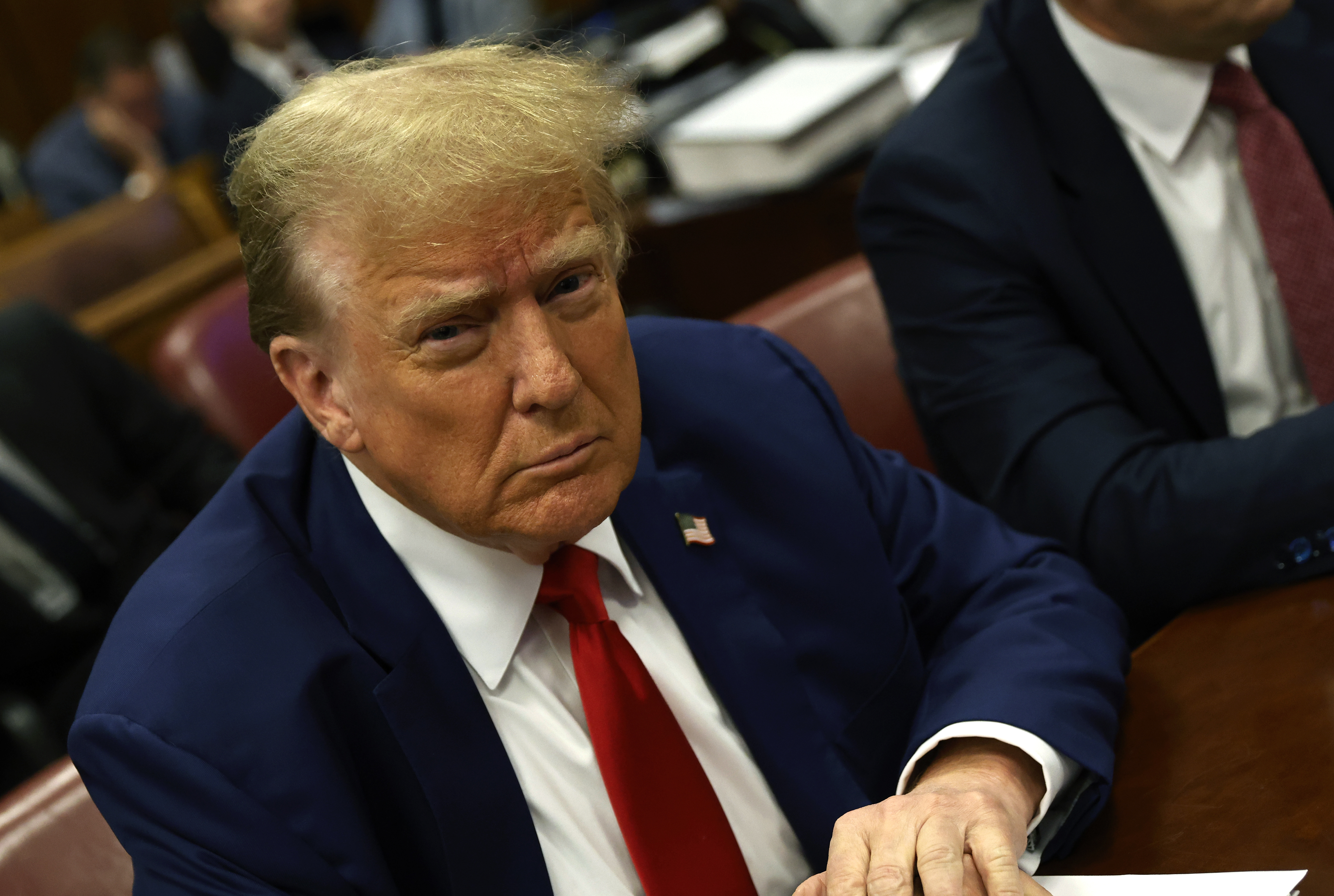ABA Techshow expands offerings at new venue; complimentary events push for inclusivity

Even though he is a veteran of the ABA Techshow, Matt Spiegel, founder of case management software company MyCase, is always eager to make a splash and this year is no exception.
Spiegel is back to launch a new venture, Lawmatics, which he says provides a service that "doesn't exist yet in the marketplace for legal."
While keeping the software’s core competency under wraps until the Techshow, Spiegel says the new project is inspired by companies like HubSpot and Salesforce, which provide marketing and customer relationship software, respectively.
“I think Techshow is the best platform for solo, small- and midsize-firm technology,” says Spiegel. “It’s a natural place for us to launch.”
New vendors, old friends and attorneys looking for novel technology to improve their practices are planning to descend on a new venue from March 7-10, the Chicago Hyatt Regency for Techshow, which is in its 32nd year.
Debbie Foster, Techshow’s co-chair with Tom Mighell, says that after attending various legal conferences, the thing she comes back to about Techshow is that “it is that one-stop shop.”
She sees the event in three distinct parts: education, exposition and a social component.
With about 70 sessions, attendees will be able to learn about everything from the basics of practice management software and e-discovery to applications of artificial intelligence and blockchain.
Beyond technology, Foster says Techshow will also provide sessions on leadership, team building and mindfulness.
“We’ve never done that before,” she says.

Daniel Katz.
Bringing various technology subjects together is Daniel Katz, professor of law at Chicago-Kent College of Law, who will give the keynote entitled “Six Vectors of Legal Innovation: How Current Trends Will #MakeLawBetter”. Covering topics like AI, blockchain and the Internet of Things (IoT), Katz’s keynote is billed as an opportunity to understand both the promises and perils of new technology for the legal profession.
The exposition hall will house over 100 technology vendors showing off products related to cybersecurity, marketing, practice management and many others. Tickets for the Expo Hall are free to the public.
As usual, Techshow will culminate on Saturday with the popular 60 in 60 session, a one-hour long rapid-fire hodgepodge of websites, gadgets, tips and tricks, says Foster.
“Lawyers can leave with a fun event” that gives them “practical things they can take back and use right away in their firms,” she says.
Gabriela Cubeiro, director and co-founder of CasePeer, a case management system for personal injury attorneys, says they’re returning for the second time to Techshow because of last year’s success.
“The exciting thing for us is that we have relationships that we can build on,” she says, noting that she met potential clients and other vendors in parallel industries in 2017.

Robert Ambrogi. ABA Journal file photo by Wayne Slezak.
Showcasing new companies, Robert Ambrogi, a legal technology blogger, will be hosting Startup Alley. The competition, which debuted at last year’s show, pits 15 previously announced startups in a pitch contest that takes place during the opening night of the conference. The winner will receive prizes from Above the Law and Techshow.
Beyond vendors and course offerings, Techshow is replete with social and healthy activities. On Thursday and Friday there will be a 5K run and meditation offerings, as well as 12-step recovery meetings to reinforce wellness.
Foster also says that they are planning 20 Taste of Techshow dinners, an opportunity for eight to 10 people to enjoy a meal at restaurants around the city and hosted by conference speakers.
“I’ve heard stories of lifelong friendships being made there,” she says. “For people coming to Techshow who don’t know anyone, it’s a great way to be connected to other Techshow attendees.”
Building on last year’s stated goal of increasing inclusivity for women in the legal technology space, Carol Lynn Grow, vice president of marketing and sales at LawToolBox, a court deadline management tool and Techshow vendor, is assisting Evolve Law and others with a networking event called “Getting Women a Seat at the Table.”

Carol Lynn Grow
According to the event’s Eventbrite page, the goal is to bring “all stakeholders” together to “hire, promote, buy from, and support women in the industry.”
The event will take place offsite after Startup Alley. All registration fees for the event will be donated to the Domestic Violence Legal Clinic of Chicago.
Also working on improving inclusivity in legal technology is Robert Furnier, chair of the ABA Law Practice Division Diversity and Inclusion Committee. He is continuing his work around accessible software and web development for attorneys with disabilities.
In 2016, Furnier helped the ABA Commission on Disability Rights survey Techshow vendors on whether or not they met accessibility standards like the Web Content Accessibility Guidelines 2.0, the standard adopted by the federal government.
Seventy-nine vendors replied to the survey, but only eight responded by saying their products were accessible to those with disabilities.
“Websites need to be coded in a way to allow assistive technology to be used properly,” says Noel Nightingale, an Seattle-based attorney.
Nightingale, who is blind and uses a screen reader, came up against inaccessible software when trying to access her local school district’s website and help her son with his online homework. In both cases, the software was not developed to interact with her assistive technology.
Ultimately, Nightingale took Seattle Public Schools to court, which led to a 2014 consent decree that she describes as a model for other districts nationwide. According to the terms of the agreement, Seattle Public Schools will make online resources more accessible to blind students, faculty and parents and hire an accessibility coordinator to implement the decree.
This is just one front in the battle for accessible software. She says that blind attorneys are constantly looking for accessible software to aid their practice.
“There seems to be a dearth of it in the world,” she laments.
Dan Comden, access technology manager at the University of Washington, says “it’s superior coding practice to allow the widest array of folks to use your application.”
To accomplish this, he says accessibility needs to be considered at the design stage. He notes, however, that accessibility is not taught well—or at all—in computer science courses.
To ameliorate this issue in legal technology, Furnier, with the ABA Commission on Disability Rights and Young Lawyers Group, is hosting live and online events called Access Success, including an afternoon CLE on web accessibility on March 6 at Microsoft’s Chicago office. For those not in Chicago, an online job fair event will run from March 6 - 20.
The issue of accessibility is one that Spiegel, the MyCase and Lawmatics co-founder, takes seriously. While at MyCase, a blind customer reached out to say that the company’s software was not accessible.
“It felt horrible that this person wanted to use our software and couldn’t,” he says. The instance led the company to update its software to improve accessibility.
MyCase was one of the eight vendors that said their products were accessible when replying to Furnier’s 2016 Techshow survey.
While Spiegel admits that Lawmatics still has work to do to improve accessibility, he says that “the goal for us will always be to get it 100 percent functional for someone with a disability.”
Follow along with our full coverage of the 2018 ABA Techshow



